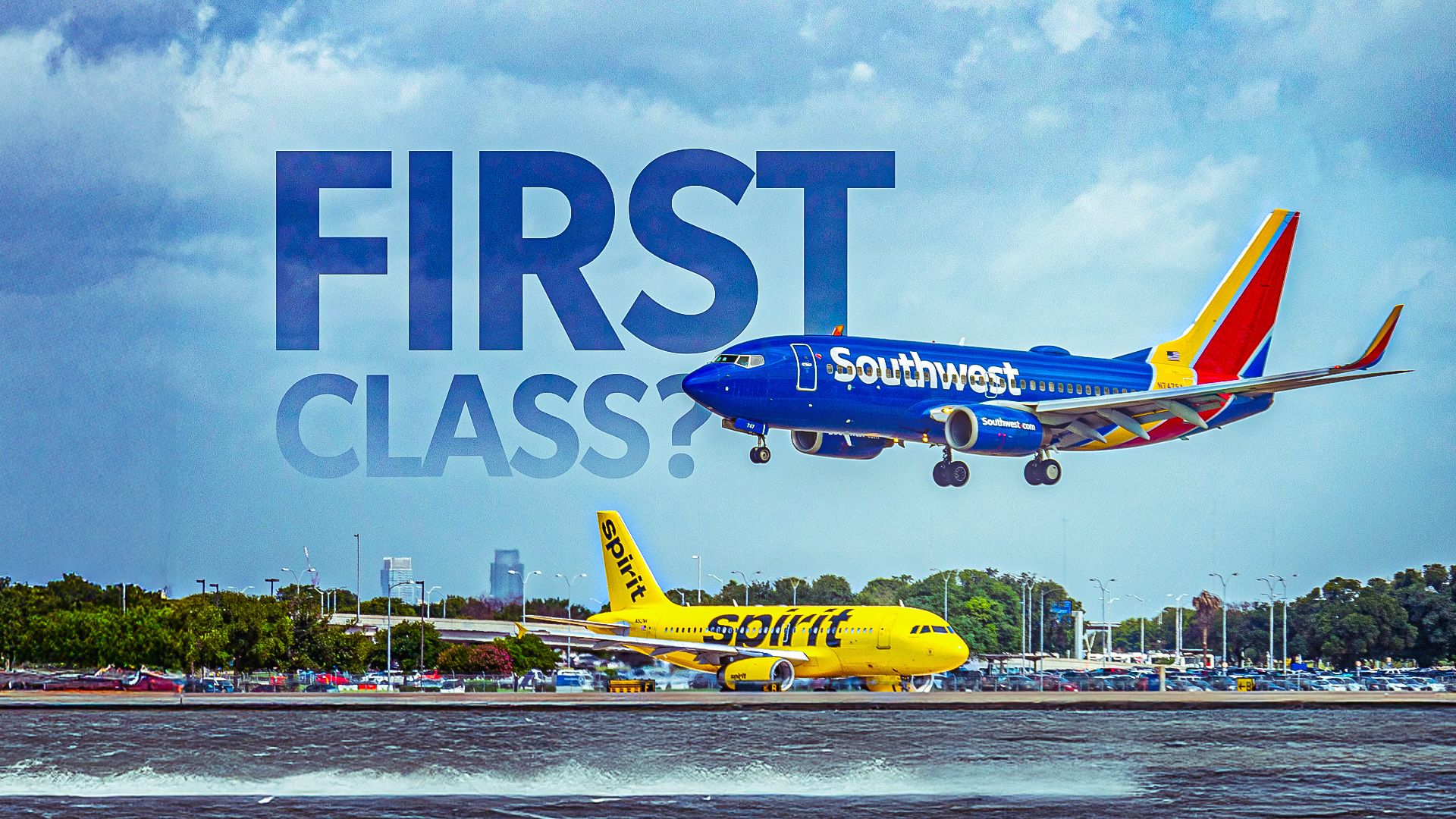Southwest Airlines is undergoing a significant transformation as it explores the introduction of first-class seating and expands its offerings to include premium lounges and potential transatlantic flights. Once celebrated for its all-economy model and consistent profitability over 47 years, the airline is now responding to pressures from activist investment firm Elliott Investment Management, which has called for strategic changes to enhance short-term profits.
Founded in 1971, Southwest Airlines is currently the fourth-largest airline in the United States. Unlike its larger competitors—United Airlines, American Airlines, and Delta Air Lines—Southwest has historically focused on domestic, short-haul flights using a single aircraft type: the Boeing 737. The airline operates from 12 “operating bases” rather than traditional hubs, which include major cities such as Atlanta, Chicago, and Los Angeles.
Over the years, Southwest distinguished itself with unique operational tactics, such as open seating and allowing two free checked bags. With a fleet configured entirely for economy seating—143 seats in the Boeing 737-700 and 175 in the Boeing 737-800—there has been no provision for first-class accommodations. This could soon change as the airline adapts to a shifting market landscape.
Changing Landscape of U.S. Airlines
In the United States, the major legacy carriers have long offered domestic first-class cabins, which provide larger seats and additional amenities. Airlines such as Delta, American, and Alaska Airlines have integrated these premium offerings into their fleets, recognizing the profitability of such services. For instance, Delta has reported an impressive occupancy rate for its first-class seats, with nearly 90% of them sold, compared to much lower figures a decade ago.
The trend toward premium offerings is not limited to legacy carriers. Even budget airlines such as Spirit Airlines have ventured into the first-class market with its “Go Big” option. Given the competitive pressure, Southwest’s leadership is likely to consider these developments as it seeks to enhance its appeal and profitability.
As Southwest Airlines contemplates the introduction of first-class seating, it is essential to consider the evolving preferences of consumers. Today’s travelers increasingly seek the ability to earn frequent flier miles for premium travel experiences. The introduction of first-class accommodations could provide a significant incentive for customers to engage with Southwest’s loyalty program, Rapid Rewards.
Future Strategies and Market Positioning
Company executives are actively exploring new strategic initiatives, including the establishment of premium lounges and the expansion of international routes. The recent partnership with Icelandair and China Airlines indicates an effort to broaden its operational reach and improve passenger experience. Moreover, as Southwest introduces extra-legroom seating, the anticipation builds around whether a first-class option will follow.
Elliott Investment Management’s focus on short-term profits has prompted Southwest to reassess its business model. The airline’s decision to introduce assigned seating and implement fees for checked luggage reflects a shift aimed at increasing ancillary revenue. While these changes may enhance financial performance, they also raise questions about the potential alienation of Southwest’s long-time customers who have appreciated the airline’s distinct brand identity.
As the airline industry continues to recover from the pandemic, Southwest must navigate a competitive landscape where legacy carriers are thriving. The challenge lies in balancing the pursuit of profitability with preserving the unique attributes that have garnered a loyal customer base.
The introduction of first-class seating could mark a pivotal moment in Southwest’s evolution, potentially aligning it more closely with its competitors while still retaining some of its original charm. With ongoing changes and a focus on premium offerings, only time will reveal how the new Southwest Airlines will resonate with travelers and whether it can sustain its long-standing reputation in a rapidly changing industry.






































































